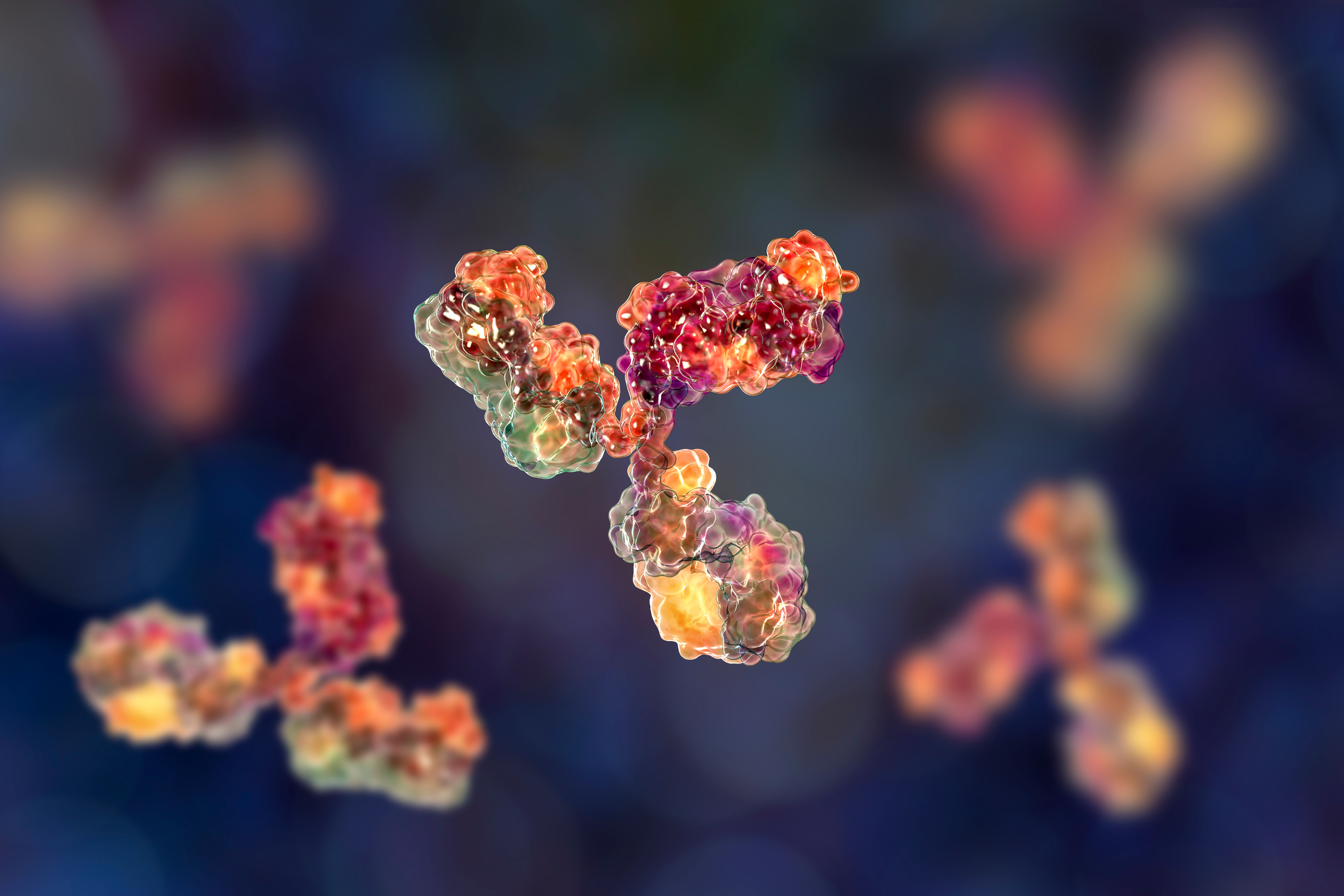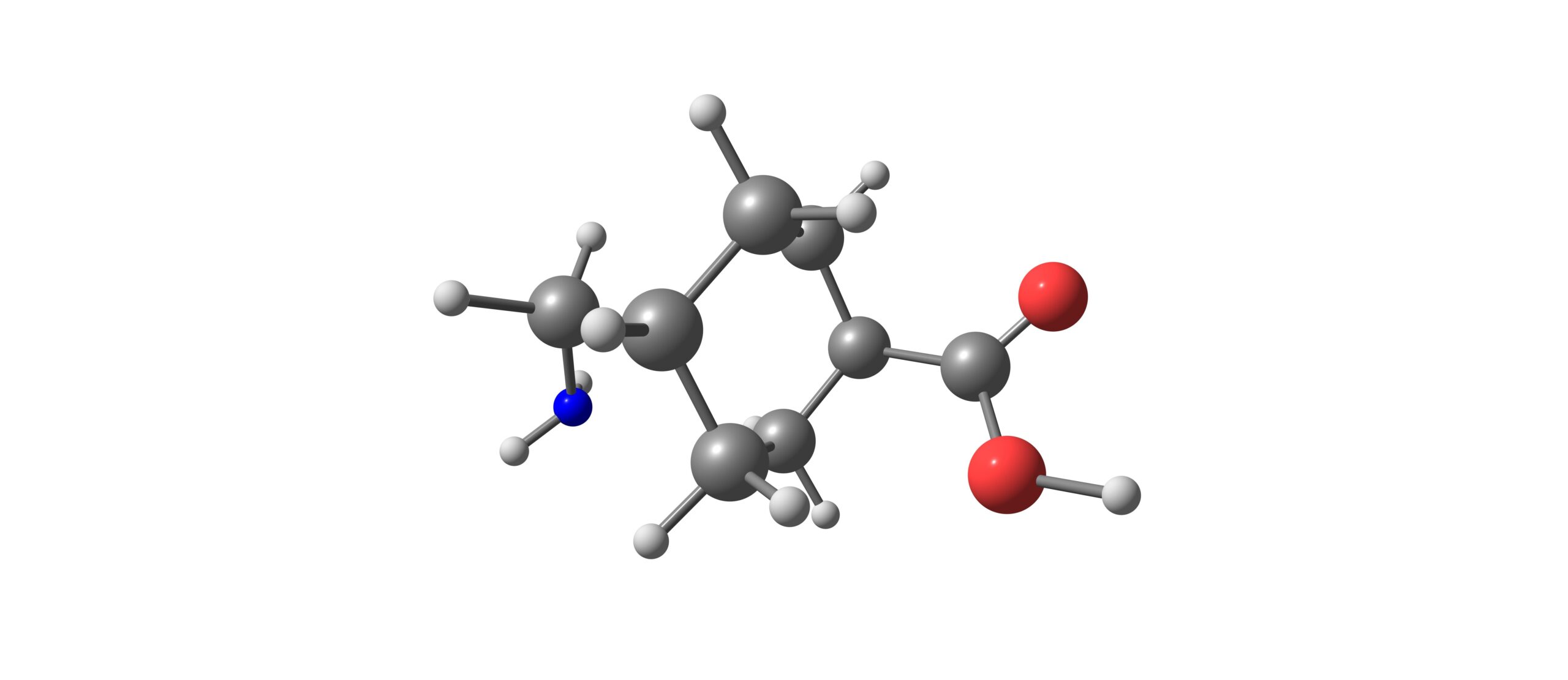
According to a recent study published in the American Journal of Obstetrics and Gynecology, the children of women who received intravenous immunoglobulin (IVIg) during pregnancy for fetal and neonatal alloimmune thrombocytopenia (FNAIT) did not show an increased risk of long-term neurodevelopmental impairment (NDI).
The study’s lead author, Thijs W. De Vos, and colleagues evaluated children from mothers who were treated with antenatal IVIg due to a previous child being diagnosed with FNAIT. During follow-up, children completed standardized cognitive and neurological assessments, while parents completed a behavioral questionnaire and school performance reports. The primary and secondary outcomes were severe NDI, and mild-to-moderate NDI, respectively.
Forty-one of the 51 eligible children born after antenatal IVIg treatment were included in the final neurodevelopmental assessments, which were performed at a median age of 9 years and 8 months. No cases of severe NDI were observed. Mild-to-moderate NDI was reported in 6 (14%) of the patients (95% CI, 6%-29%). The study group’s mean cognitive, behavioral, and academic scores were comparable to the Dutch norms. Two patients who were diagnosed with severe intracranial hemorrhage both had normal neurodevelopmental measures.
Ultimately, De Vos and the collaborating researchers concluded that normal long-term cognitive, neurological, and behavioral development and school performance is expected in children whose mothers were treated with IVIg for FNAIT antenatally.







 © 2025 Mashup Media, LLC, a Formedics Property. All Rights Reserved.
© 2025 Mashup Media, LLC, a Formedics Property. All Rights Reserved.